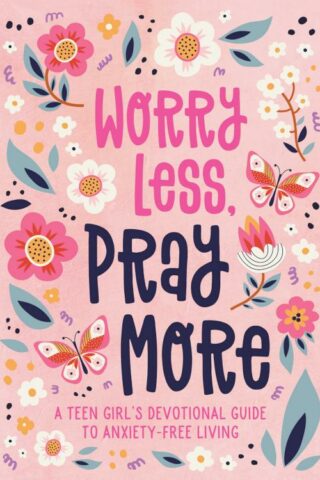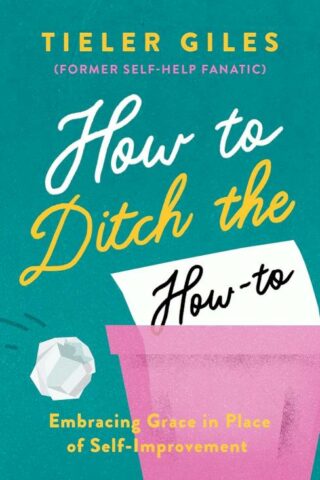Cesar Vidal
Showing all 2 resultsSorted by latest
-
World Is Changing
$24.99An Agustin Agencty Title
On December 26, 1991, an event of extraordinary importance in universal history took place.
It involved the dissolution of the Soviet Union, an event of enormous repercussions that almost no one had anticipated. In fact, only the historian Andrei Amalrík1 and Nobel laureate and writer Alexander Solzhenitsyn,2 two Russian dissidents, had enough courage and vision to forecast that such a seismic event would take place.
Although it is indisputable that the Cold War had come to an end, there are more than a few who intend to continue analyzing the current global situation from the perspective of a historical period that ended four decades ago. Claiming to understand the present with the paradigms of the Cold War-even to a large extent with those espoused by the Left and Right-is a very serious mistake with consequences that are extremely harmful. History has continued to move forward, and just as it would have been foolish to claim to understand Europe of the end of the nineteenth century on the basis of what life was like for Napoleon, who was finally dethroned in 1815; it is absurd, and even ridiculous, to try to understand our world on the basis of what the Cold War entailed.
In the first part of the present work, we will take into account the analysis of democracy as a recent and often failed regime, as well as consider the dangers that now threaten its very survival. The second part is devoted to the globalist agenda, which constitutes a real threat that seeks to destroy national sovereignty, the power of the Sates, and the democratic system itself. Finally, the third paints a global picture of how reactions are already perceived in light of this globalist agenda, although not all of them lead to a future of freedom, and, certainly, the human race runs a true and real risk of being subjected to totalitarian systems of various kinds. We invite you on this journey with The World is Changing.
Add to cartin stock within 3-5 days of online purchase
-
Mundo Que Cambia – (Spanish)
$17.99An Agustin Agency Title
El 26 de diciembre 1991, tuvo lugar un hecho de extraordinaria importancia en la Historia universal. Se trato de la disolucion de la Union Sovietica, un acontecimiento de enormes repercusiones que pocos habian previsto. A decir verdad, solo el historiador Andrei Amalrik y el premio Nobel Alexander Solzhenitsyn , disidentes rusos, habian tenido el valor y la vision para anunciar que semejante seismo tendria lugar. Aunque es indiscutible que la Guerra fria concluyo, no son pocos los que pretenden seguir analizando la situacion actual del globo desde la perspectiva de un periodo historico que termino hace cuatro decadas. Pretender comprender el presente con paradigmas de la Guerra fria – incluso con los de izquierdas y derechas – constituye una equivocacion de consecuencias perjudiciales. La Historia ha seguido avanzando y al igual que habria constituido una necedad pretender comprender la Europa de finales del siglo XIX sobre lo que fue la vida de Napoleon, destronado definitivamente en 1815, es absurdo, e incluso ridiculo, entender nuestro mundo sobre la base de la Guerra fria. Nuestro mundo ha seguido cambiando desde 1991 y lo que resulta aun mas relevante es que ese conjunto de cambios es constante e implica desafios colosales con los que nunca antes ha tenido que enfrentarse el genero humano. Lejos de ser la democracia y la libertad realidades que se imponen de manera casi natural, lo cierto es que se encuentran mas amenazadas que nunca y que esa amenaza no solo es externa sino, en buena medida, tambien interna. Un mundo que cambia es un intento de explicar que es verdaderamente la democracia y su fragilidad, y que es la agenda globalista, la cual amenaza a el patriotismo y la continuidad de la misma democracia.
Add to cartin stock within 3-5 days of online purchase






